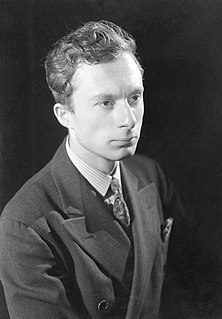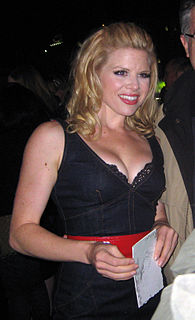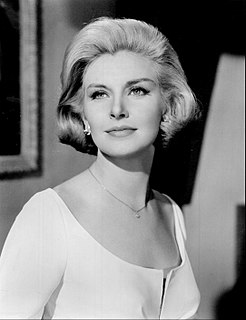A Quote by Norman Lloyd
The Jews are an artistic people. It's clear from the music, the actors, the writers. They are just artists. In the early part of the 20th century, when they first came over, they had no money, but they still went to theater. The theater and education were the two biggest things in their lives.
Related Quotes
The majority of people who come to America come for a better life, just like the Italians, the Jews, the Irish, and the Polish did in generations before. A lot of the Irish came here back in the turn of the 19th to the 20th century because there were no opportunities and no options at home for them. There were no jobs and there was extreme poverty. They came here to be able to send money back home.
Until the Left took over American public education in the second half of the 20th century, it was generally excellent - look at the high level of eighth-grade exams from early in the 20th century and you will weep. The more money the Left has gotten for education - America now spends more per student than any country in the world - the worse the academic results. And the Left has removed God and dress codes from schools - with socially disastrous results.
I just always liked the company. The people who hung around her were amazing storytellers, whether it was actors or crew. They were just exciting people. And I knew that they were different when I would go see a friend or stay at someone else's house. It just wasn't as cool. So I always loved the theater, and that's where I started: at a theater up in Canada.
One of the things I always underscore when I teach criticism is that young critics, or would be critics, frequently have this illusion that if they write about music they're somehow part of music, or if they write about movies they're part of movies, or of they write about theater they're part of theater, or write about literature. Writing is a part of literature, we belong the species of literature. If you add all the music reviews together that have ever been written, they don't create two notes of music.
I think film is a world of directors. Theater is a world of actors. Or, theater is for actors as cinema is for directors. I started in theater. Filming is as complete as directing film. In theater, you are there, you have a character, you have a play, you have a light, you have a set, you have an audience, and you're in control, and every night is different depending on you and the relationship with the other actors. It's as simple as that. So, you are given all the tools.
Even into the 20th century, women were still struggling in the Western world for rights that Islam had granted women in the 7th century: equal rights to education; the right to own and inherit property; to have a voice in the decisions affecting their lives; to be active, engaged, and valued members of society at all levels.
I am still so proud to have been a part of something that introduced theater to so many people who weren't exposed to it before. We took Broadway and put it in peoples' living rooms once a week for two seasons. People still come up to me in the street and say, 'I never went to theater before I saw "Smash.'" That's the greatest compliment.



































